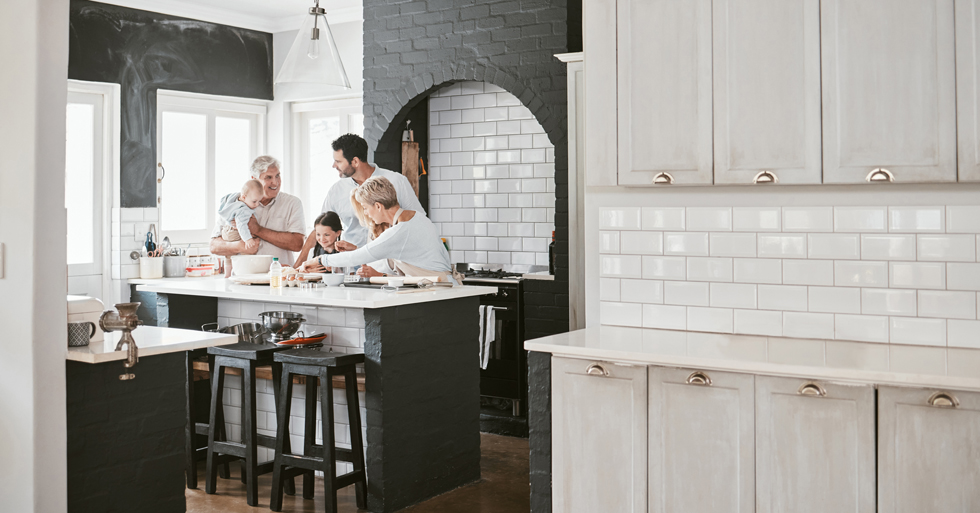If you’re considering selling your house, you may be weighing several factors. One major concern many sellers have in today’s housing market is affordability. With home prices rising and mortgage rates fluctuating, deciding whether or not to sell can feel overwhelming. However, one factor that could ease your decision-making is understanding your home equity. Your home equity can be a valuable asset, potentially giving you more options than you realize. Here are two key factors that play a significant role in determining how much equity you’ve built up in your home.
1. Homeownership Tenure: The Time You’ve Spent in Your Home
The length of time you’ve lived in your home, known as homeowner tenure, is a significant factor in the amount of equity you have. Historically, from 1985 to 2009, homeowners stayed in their homes for about six years before selling or moving. But according to the National Association of Realtors (NAR), that tenure has increased significantly in recent years. Today, the average homeowner stays in their home for approximately 10 years.
This increase in tenure can make a big difference in your equity. Every mortgage payment you make reduces your loan balance, which increases your home equity. At the same time, home prices tend to rise over the years, which means your home could be worth much more than when you first bought it. Combining these two factors—the mortgage payments you’ve made and rising home prices—can mean you’ve built up substantial equity, especially if you’ve been in your home for a decade or more.
2. Home Price Appreciation: The Growth in Property Value Over Time
Another major contributor to home equity is how much your home has appreciated in value. Over time, homes generally increase in value, though the rate of appreciation can vary depending on market conditions and location.
To give you an idea of how home prices have grown, the Federal Housing Finance Agency (FHFA) has data showing significant appreciation. For example, homeowners who have been in their homes for five years have seen an average price increase of nearly 60%. And for those who have owned their homes for 30 years, the home’s value has typically more than tripled.
This rise in home prices means that even if you haven’t been making extra payments toward your mortgage, the value of your home has likely gone up, allowing your equity to grow. For long-time homeowners, this appreciation can be a substantial financial boost, offering the opportunity to sell and use that equity for another home purchase, retirement, or other investments.
What Does This Mean for You?
Whether you’ve lived in your home for a few years or several decades, your home equity can be a game changer if you’re considering selling. It can help you overcome some of the affordability challenges in today’s market. With a larger equity base, you might have enough funds for a down payment on a new home or to cover the cost of moving, downsizing, or relocating to a more desirable location.
If you’re planning to downsize, for example, you could use the equity to purchase a smaller home outright or significantly reduce your mortgage burden. Or, if you’re relocating to be closer to family or for a job, the equity from your current home could give you the financial flexibility to move without taking on a significant new mortgage.
Bottom Line
Understanding how much equity you’ve built up in your home can be a key factor in your decision to sell. If you’ve owned your home for a while, you may be sitting on more equity than you realize, which can open up new opportunities for your next move. Whether you’re looking to downsize, relocate, or move closer to family, your home equity could provide the financial freedom to make those dreams a reality.
To find out exactly how much equity you have and how you can use it toward your next home, connect with a local real estate agent. They can provide you with insights into the current market, help you understand your options, and guide you through the home selling and buying process.
